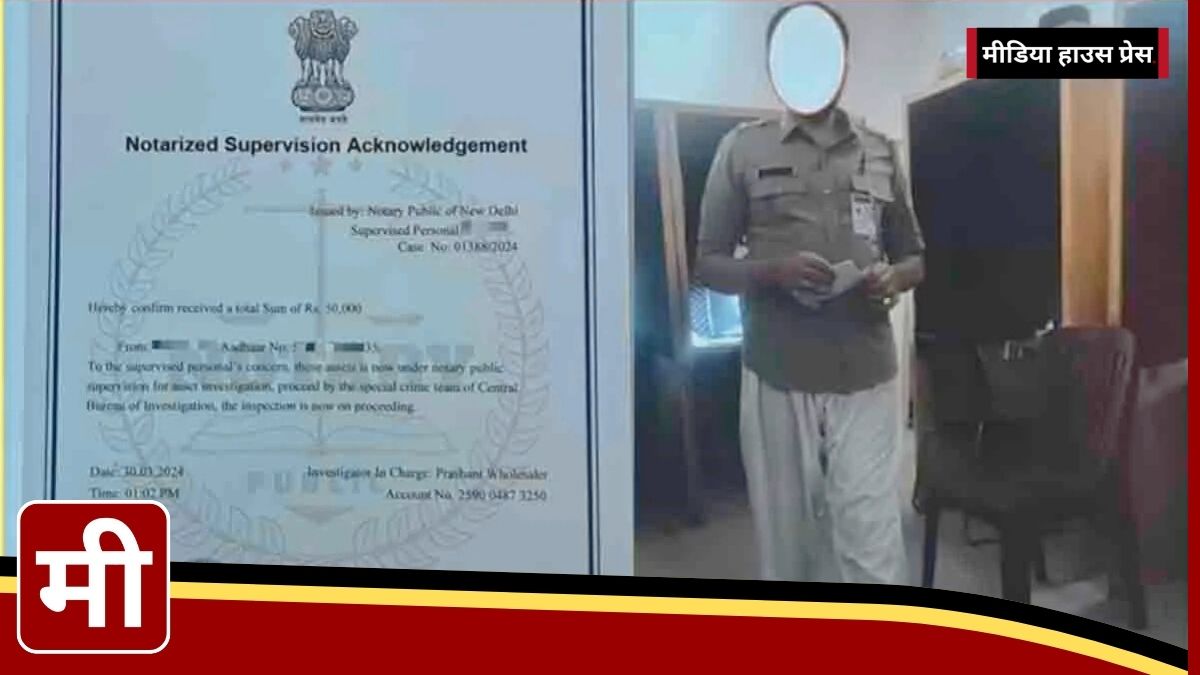How the Digital Arrest Scam Works
One of the scam tactics includes impersonating law enforcement officials, often with partial or incomplete uniforms. A recent India Today investigation even unveiled an image of a scammer wearing a police shirt with pajama bottoms, underscoring the casual but deceptive approach. These scammers typically contact victims via phone, alleging criminal involvement, often claiming that a drug-laden package has been intercepted under the victim’s name. Scammers then use these fabricated charges to extract personal and financial information, often successfully.
Massive Efforts to Curb Digital Arrest Scams
In response, India’s Ministry of Home Affairs, through its Cyber Crime Coordination Centre, has taken stringent actions. These include blocking millions of suspect mobile numbers, freezing fraudulent bank accounts, and taking down hundreds of mobile applications used in these scams. To address the cross-border nature of this crime, officials have also tracked IP records pointing to origins in countries like Myanmar, Cambodia, Vietnam, and Laos. Additionally, over 709 mobile applications connected to such scams have been blocked, and 325,000 fake bank accounts linked to scam networks have been frozen.
International Links Exposed
India Today’s undercover investigation has also revealed the international dimensions of these scams. The scammers’ networks extend across borders, with IP details linking operations to various Southeast Asian countries. Reports indicate that scam proceeds are often channeled through financial hubs in Dubai and Cambodia. The investigation has also uncovered an alarming trend of Indian citizens being lured abroad under false pretenses of employment, only to be trapped as “digital slaves” in call centers repurposed for running these frauds.
Government Actions and Task Force Initiatives
In an effort to curb the digital arrest scam problem, the Indian government has constituted a high-level committee dedicated to investigating these cases. This task force has been instrumental in collaborating with international cybercrime agencies to track down offenders. Intelligence agencies are now monitoring call centers in Cambodia, where scammers operate from former casinos converted into high-tech centers of cyber fraud.
Scope of the Issue: Numbers at a Glance
The scale of the digital arrest scam problem in India is significant:
- 6,000+ cases reported this year
- 600,000 mobile numbers blocked to prevent scam communications
- 709 apps linked to scams blocked by authorities
- 3.25 lakh fake bank accounts frozen to halt scam transactions
As India intensifies efforts to combat these scams, public awareness and prompt reporting will remain crucial in reducing the impact of digital arrest scams across the nation.


